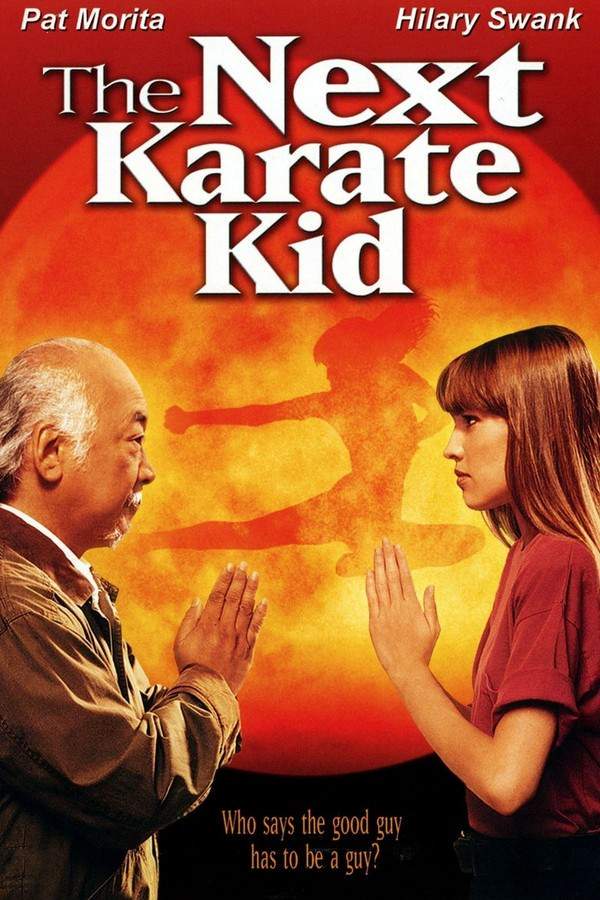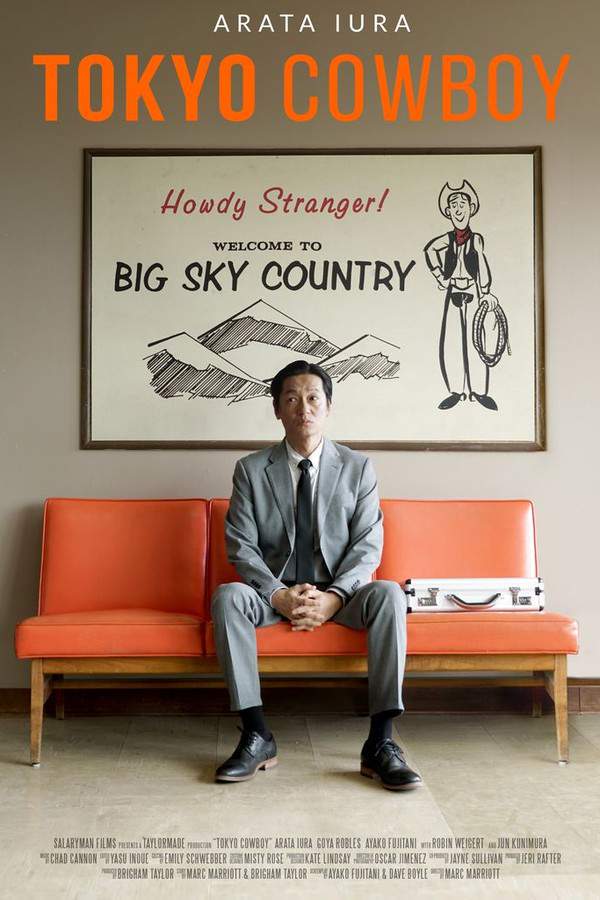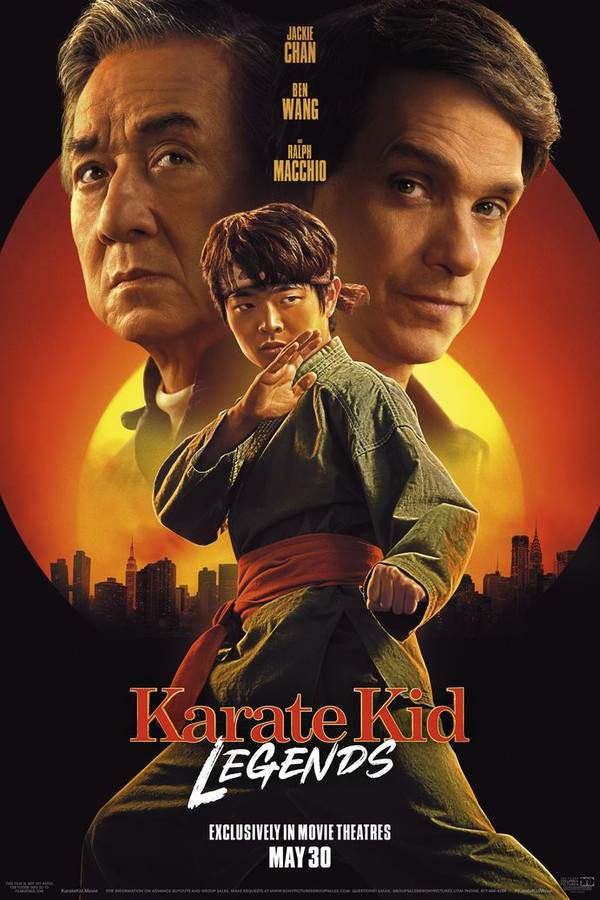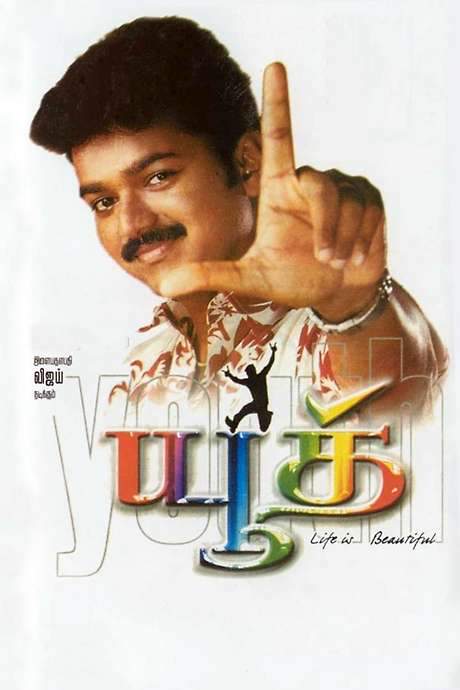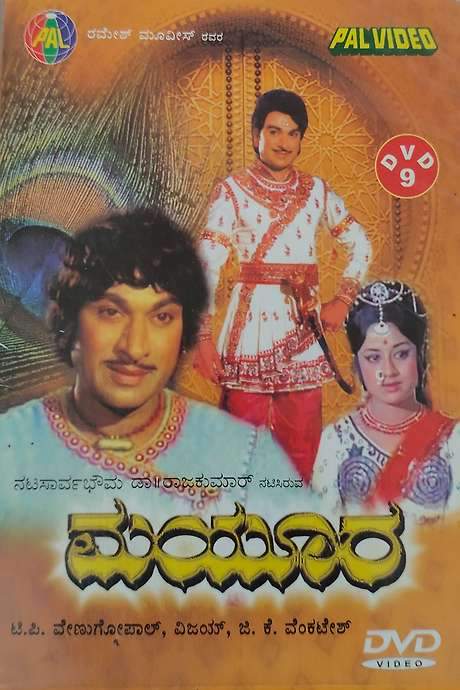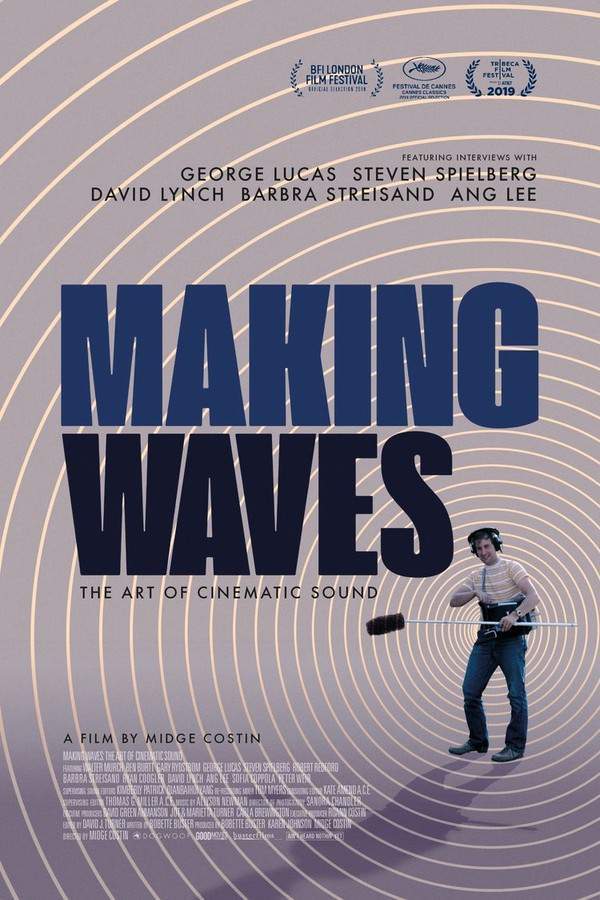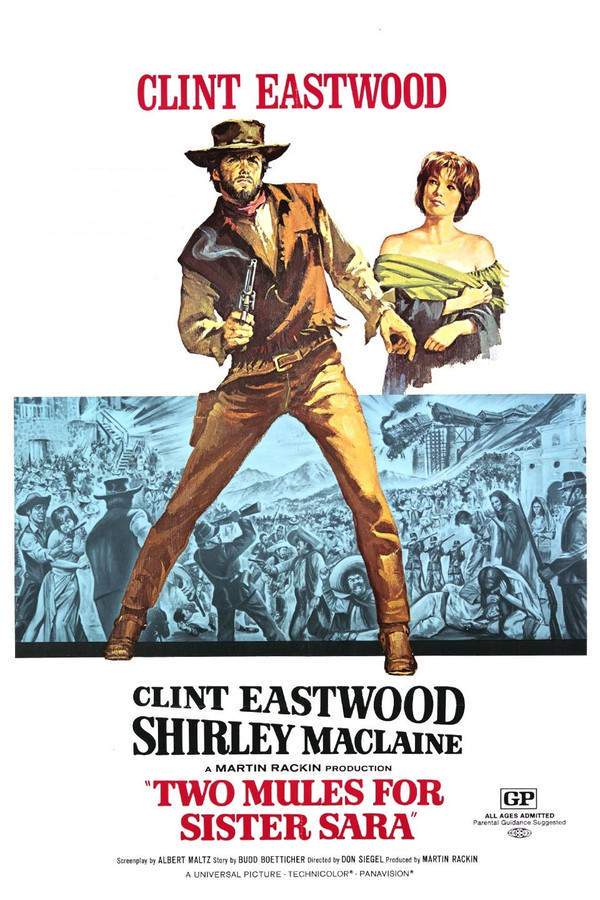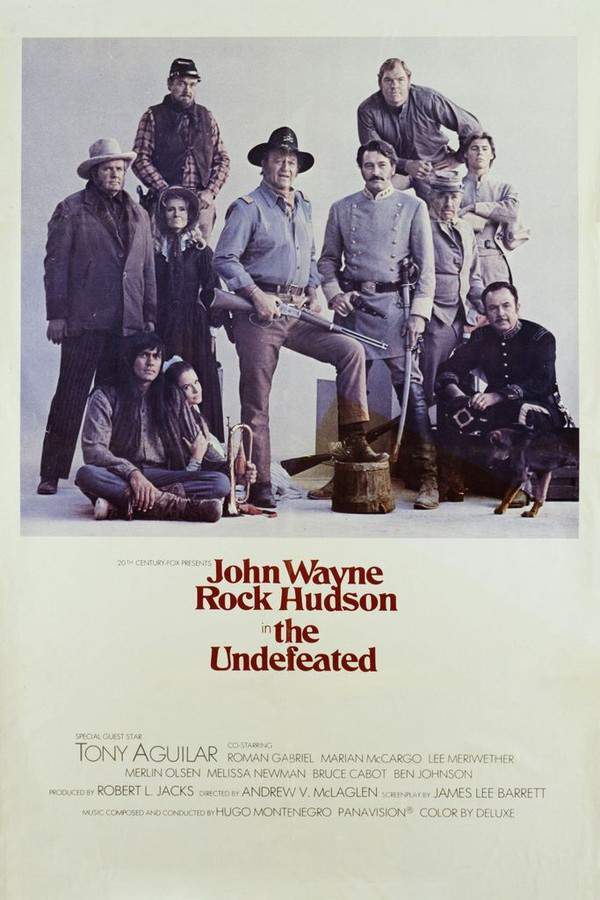
Samurai Fiction
Year: 1998
Runtime: 111 mins
Language: Japanese
Director: Hiroyuki Nakano
A warrior-in-training and his bumbling friends go in pursuit of a stolen sword.
Warning: spoilers below!
Haven’t seen Samurai Fiction yet? This summary contains major spoilers. Bookmark the page, watch the movie, and come back for the full breakdown. If you're ready, scroll on and relive the story!
Samurai Fiction (1998) – Full Plot Summary & Ending Explained
Read the complete plot breakdown of Samurai Fiction (1998), including all key story events, major twists, and the ending explained in detail. Discover what really happened—and what it all means.
Inukai Heishirō Mitsuru Fukikoshi is the son of a clan officer, entrusted with a treasured sword gifted by the Shogun—the clan’s most prized heirloom. When this blade is stolen by the rogue samurai Kazamatsuri Tomoyasu Hotei, he defies his father’s admonitions and vows to recover it himself. Two ninja are sent to keep him in check, yet Heishirō presses on, driven by a fierce sense of duty and personal honor.
Kazamatsuri wounds Heishirō and claims the life of one of his companions, leaving the young noble to seek shelter with an older, highly skilled samurai and his daughter. The elder, the master Hanbei Mizoguchi [Morio Kazama], and Koharu [Tamaki Ogawa] welcome him as he mends, and they quietly test his resolve. Despite Mizoguchi’s attempts to temper his bravado, Heishirō’s code of honor insists he not let the thief walk free. Mizoguchi introduces a non-traditional path to combat, urging Heishirō to fight with rocks rather than with swords, a tactic meant to curb needless violence while still proving one’s mettle.
Meanwhile, Kazamatsuri lapses into a life at a gambling house run by Lady Okatsu Mari Natsuki, who finds herself drawn to him. A turning point comes when a ninja protecting Heishirō bribes Okatsu to poison Kazamatsuri’s sake for a thousand gold. She complies, but Kazamatsuri discerns the treachery and kills Okatsu in retaliation, a brutal reminder of the costs that come with loyalties and desires. Kazamatsuri then abducts Koharu, hoping to force Mizoguchi to come out of hiding to meet him in single combat.
Mizoguchi unveils a painful truth to Heishirō: he killed Koharu’s father long ago and has since refused to draw his sword on another man, choosing restraint over bloodshed. The plan to rescue Koharu is set in motion as they track Kazamatsuri to a confrontation. Mizoguchi stalls the attacker, buying time for Heishirō to speak with Koharu and vow to marry her should Mizoguchi prevail. The duel between Kazamatsuri and Mizoguchi is brutal and tactical, with Mizoguchi only drawing his blade after his wooden sword is destroyed. He eventually disarms Kazamatsuri near a cliff, forcing the thief to acknowledge defeat and he ends his own life by leaping away from the edge.
The trio descends to the riverbank in search of the missing body and the stolen sword. Koharu spots the blade resting at the bottom of the water, and Heishirō retrieves it, reclaiming the clan’s honorful legacy. A year passes, and Heishirō has married Koharu, the sword is restored, and Mizoguchi has earned an official position within Heishirō’s clan, marking a new era of stability and continuity for the family.
In the end, the story reinforces themes of duty, restraint, and the delicate balance between personal honor and the well-being of those one swore to protect.
Last Updated: October 09, 2025 at 11:02
Explore Movie Threads
Discover curated groups of movies connected by mood, themes, and story style. Browse collections built around emotion, atmosphere, and narrative focus to easily find films that match what you feel like watching right now.
Character-Driven Samurai Stories like Samurai Fiction
Stories where warriors learn honor through personal trials and mentorship.If you enjoyed the mentorship and personal growth in Samurai Fiction, explore this collection of movies with a similar focus. Find other films where samurai learn about restraint, duty, and a more mature code of honor through their adventures.
Narrative Summary
The narrative pattern follows a young or inexperienced warrior on a quest, guided by a wiser mentor. The journey is punctuated by trials that test their character more than their fighting skill, leading to a climactic moment of personal choice that defines their growth.
Why These Movies?
Movies in this thread are grouped by their focus on character development within the samurai archetype, a steady pacing that allows for reflection, and a mix of action with the serious themes of honor, duty, and the personal cost of violence.
Lighthearted Action Adventures like Samurai Fiction
Bumbling heroes and comedic relief on a straightforward, hopeful quest.Looking for more movies with the fun, quest-driven feel of Samurai Fiction? This list features similar stories where a group of friends, sometimes clumsy but always determined, embark on an adventure that mixes action with lighthearted moments.
Narrative Summary
These stories typically follow a linear quest structure—recover a stolen object, defeat a villain, complete a mission—with a steady pace. The emotional stakes are present but not overwhelming, balanced by comedic characters and a focus on the heroes' bond, culminating in a happy resolution.
Why These Movies?
These films share a similar mix of medium-intensity action, a steady and straightforward narrative pace, a neutral-to-hopeful tone, and a core theme of friendship and growth that prevents the story from becoming too grim, making for an uplifting viewing experience.
Unlock the Full Story of Samurai Fiction
Don't stop at just watching — explore Samurai Fiction in full detail. From the complete plot summary and scene-by-scene timeline to character breakdowns, thematic analysis, and a deep dive into the ending — every page helps you truly understand what Samurai Fiction is all about. Plus, discover what's next after the movie.
Samurai Fiction Timeline
Track the full timeline of Samurai Fiction with every major event arranged chronologically. Perfect for decoding non-linear storytelling, flashbacks, or parallel narratives with a clear scene-by-scene breakdown.

Characters, Settings & Themes in Samurai Fiction
Discover the characters, locations, and core themes that shape Samurai Fiction. Get insights into symbolic elements, setting significance, and deeper narrative meaning — ideal for thematic analysis and movie breakdowns.

Samurai Fiction Spoiler-Free Summary
Get a quick, spoiler-free overview of Samurai Fiction that covers the main plot points and key details without revealing any major twists or spoilers. Perfect for those who want to know what to expect before diving in.

More About Samurai Fiction
Visit What's After the Movie to explore more about Samurai Fiction: box office results, cast and crew info, production details, post-credit scenes, and external links — all in one place for movie fans and researchers.


